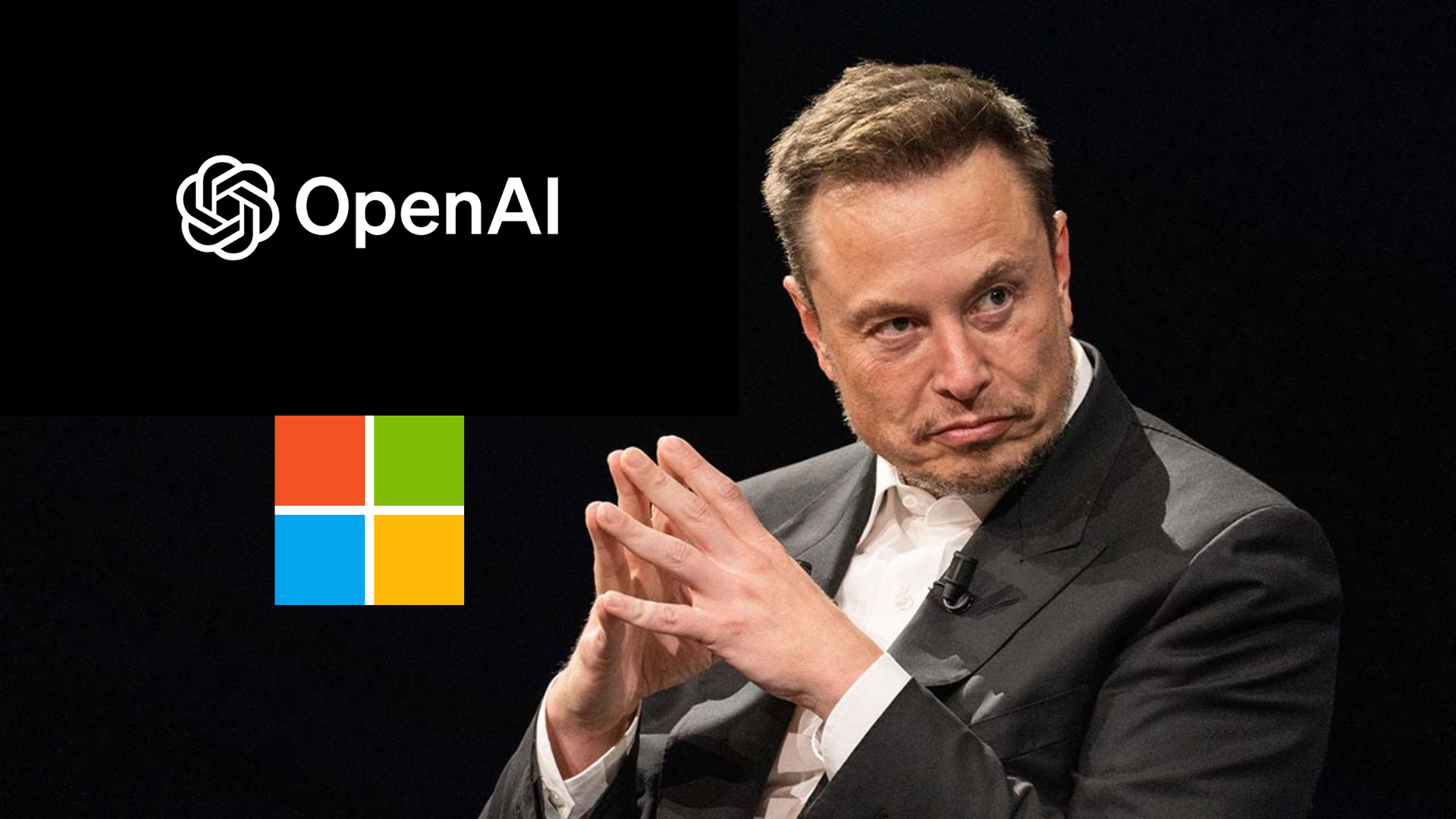
OpenAI has publicly countered Elon Musk, who recently took legal action against the AI research organization. In a detailed response, OpenAI disclosed several emails from Musk that shed light on the early financial and operational challenges the company faced. This disclosure comes after Musk accused OpenAI of prioritizing profit over its original nonprofit mission to ethically advance artificial intelligence (AI).
Early Financial Discussions Revealed
Notably, in an email dated November 22, 2015, to OpenAI CEO Sam Altman, Musk, a co-founder of OpenAI, discussed the imperative to secure more than $100 million in funding. He suggested aiming for a $1 billion funding commitment, assuring that he would contribute the shortfall. Despite this, OpenAI claims Musk ultimately committed $45 million, whereas other donors collectively contributed $90 million.
Legal Battle Over OpenAI’s Mission
The lawsuit filed by Musk in California state court argues that OpenAI’s evolution and its collaboration with Microsoft contravene the organization’s founding charter, amounting to a breach of contract. Musk is seeking a jury trial and financial compensation from OpenAI, Altman, and co-founder Greg Brockman, citing the diversion from the company’s original mission.
OpenAI, on its part, maintains that its expansion and for-profit model have not detracted from its core mission of safeguarding humanity from potential AI risks. The company asserts its commitment to making its technology broadly accessible and continuing to prioritize the safety of its AI products. OpenAI’s response to the lawsuit reflects a mix of regret and determination, highlighting the organization’s disappointment in the legal actions taken by Musk, who was once a driving force behind OpenAI’s creation.
Musk’s Quest for Control and OpenAI’s Autonomy
The blog post by OpenAI further reveals the internal debates regarding the company’s direction, particularly Musk’s desire for greater control over OpenAI, including a potential merger with Tesla. This, according to OpenAI, was incompatible with the organization’s mission, as it would concentrate too much control in the hands of a single individual.
Musk’s lawsuit also raises concerns about the exclusivity of OpenAI’s technology, particularly its partnership with Microsoft, suggesting a move away from the open-source ethos that marked OpenAI’s early days. However, OpenAI disputes this characterization, arguing that the mission of developing and deploying AI responsibly does not necessitate open-sourcing all AI advancements. This is supported by a January 2016 email exchange indicating a strategic shift towards a more guarded approach to AI development as the technology advances.
OpenAI’s blog post aims to clarify its stance and future intentions, emphasizing its dedication to advancing AI technology responsibly, in contrast to the picture painted by Musk’s legal action.
Related News:
Featured Image courtesy of:
OpenAI & Microsoft Logo: Used from Wikimedia Commons
Elon Musk Photo: Bloomberg via Getty Images
